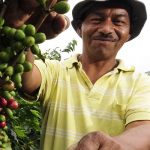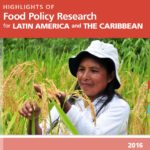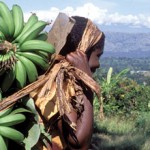Brazil has made impressive progress in reducing poverty. Rural poverty has been cut almost in half, from 51 percent in 2002 to 29 percent in 2011, and family farmers’ incomes grew by 50 percent. These results were achieved partially through Fomento, a set of government-run social programs targeting smallholder farmers. When a program shows such >> Read more
Designing Social Protection Programs in Latin America Using Evidence
The mid-1990s economic crisis in Latin America threatened to sharply increase poverty and left many people vulnerable. In response, governments in Latin America developed and implemented innovative social protection programs in the form of conditional cash transfers (CCTs). To examine the impact of these programs, several governments called on IFPRI to conduct rigorous evaluations. IFPRI’s >> Read more
Informing Development Strategies in Latin America and the Caribbean
For more than three decades, IFPRI's research and collaborations in the Latin America and Caribbean (LAC) region have produced rigorous evidence leading to innovative market and trade policies and effective social protection and nutritional programs.
Highlights of Food Policy Research for Latin America and the Caribbean
This brochure highlights the national and local collaborations IFPRI has been engaged in Latin America and the Caribbean. For more than 30 years, IFPRI’s research and collaboration have contributed to positive changes, including enhancing the culture of accountability and generating groundbreaking evidence that has strengthened resilience, improved nutrition, and spurred strategic food security policies and >> Read more
Cotton Prices and Poverty in Benin
When cotton prices drop in producing countries, rural poverty rates tend to increase.




